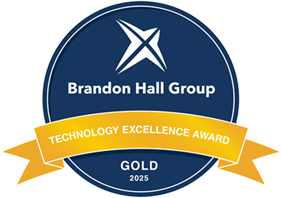Upcoming Sessions
Develop your ability to innovate
Staying ahead of the competition in our endlessly evolving times hinges on your ability to unlock, execute and sustain innovative thinking and processes across the organisation.
Driving Innovation for Growth is an online microcredential course that immerses and trains you in the methods of innovation: the evidence-backed, industry-proven principles and processes, and the philosophy espoused by leaders and organisations that have learned to prosper in the age of uncertainty.
Delivered on demand, you determine the pace and tempo of your own progress throughout the programme as you explore critical frameworks, practical tools and applicable practices that you can use to innovate, as an entrepreneur, leader or individual. In addition, you build a deep understanding of yourself as an innovative leader; the areas of strength in which you currently excel; and potential areas that you can pinpoint for continuous training and sustained improvement. You will emerge from the learning experience empowered with a new understanding of disruption and innovation, as well as the mindset and actionable insights to drive innovation for growth.
Skills you will develop
- Driving Innovation
- Resilience and Agility
- Developing Value Proposition
- Customer Centricity
- Creativity and Design Thinking
-
How you benefit
-
Participant profile
- Executives looking to build their capabilities to innovate, and translate these skills into a competitive advantage for their organisation
- Leaders who want to transform their organisation into an agile vehicle of innovation.
Programme Director
Why choose an INSEAD Microcredential?
Recommended learning
Participants of Driving Innovation for Growth are encouraged to also consider taking the following INSEAD programmes to amplify their learning experience in unlocking, executing and sustaining innovative thinking:
Investing in a lifelong learning journey at INSEAD
Preferential rates
Groups of 5 or more
20% off for groups of five or more participantsFormer participants
15% off for past participants of on-campus, live virtual and blended open enrolment programmesAlumni community
Up to 30% off for INSEAD alumni












